New Scientist covers the latest developments in science and technology that will impact your world. New Scientist employs and commissions the best writers in their fields from all over the world. Our editorial team provide cutting-edge news, award-winning features and reports, written in concise and clear language that puts discoveries and advances in the context of everyday life today and in the future.
Elsewhere on New Scientist
The straight dope • Performance-enhancing drugs aren’t the only source of sport inequality
New Scientist
Caught in the line of fire
Oldest rocks reveal bizarre cells • Fossils from up to 3.8 billion years ago look weirdly different from modern cells, and evidence now suggests they are of a life form that couldn’t control its structure, reports Michael Le Page
Mars rock shows hints of ancient life
AI grabs silver medal at human maths competition
Is Olympic drug testing good enough? • Measures are in place to catch athletes at the games who use performance-enhancing drugs. Christa Lesté-Lasserre examines whether they are up to the job
We may finally know what caused the biggest cosmic explosion ever seen
Biodegradable plastic may actually be worse for plants
The truth about Alzheimer’s drugs • A new class of drugs has been hailed as a breakthrough, but are the treatments the game changers they are being billed as, asks Grace Wade
Clinical trial phases
Bronze Age had a modern economy • An analysis of 20,000 metal objects from ancient Europe suggests human economic behaviour may not have changed much over the past 3500 years, reports Becky Ferreira
We may soon be able to make the heaviest element
Social media firms change their policies after bad press
AI can predict when dangerous tipping points will occur
How diseases like smallpox survived long ocean voyages
No amount of alcohol is good for you • Claims that moderate drinking could help people live longer are often based on flawed science
Komodo dragons have teeth capped with a layer of iron
The great Neanderthal cook-off • Putting ancient human food-preparation techniques to the test reveals their culinary secrets
Trees are even better for the climate than we thought
Moon bases may need to be buried underground to avoid radiation
Spending time in space speeds up muscle ageing
On thin ice • The frozen Arctic sea I trekked across to reach the North Pole is melting, creating a potential shipping super-highway. It’s very worrying, says Pen Hadow
No planet B • Time for change The Conservative party’s war on the environment cost them dearly in the UK election. Voters around the world support green policies, and politicians should take note, says Graham Lawton
Island woes
The irresistible rise of RNA • The amazing journey of RNA from background role to star in its own right is told by a wonderful guide who was a big part of the story, says Tom Leslie
Flying close to the wind • A detailed account of efforts to pull three bird species back from the brink shows the scale of the task, finds Adam Weymouth
New Scientist recommends
The sci-fi column • Uncanny valleys An ordinary-looking town has a secret. If you manage to leave, you will find each successive valley to the east is 20 years ahead. Go west, and the reverse is true. This thought experiment is a heartfelt debut, says Emily H. Wilson
Your letters
Becoming human • What is a human and when did such a being emerge? These fundamental questions about ourselves are surprisingly difficult to answer, finds Colin Barras
Finding Lucy
FIRST LIGHT • The earliest stars changed the course of cosmic history. We are finally on the verge of...
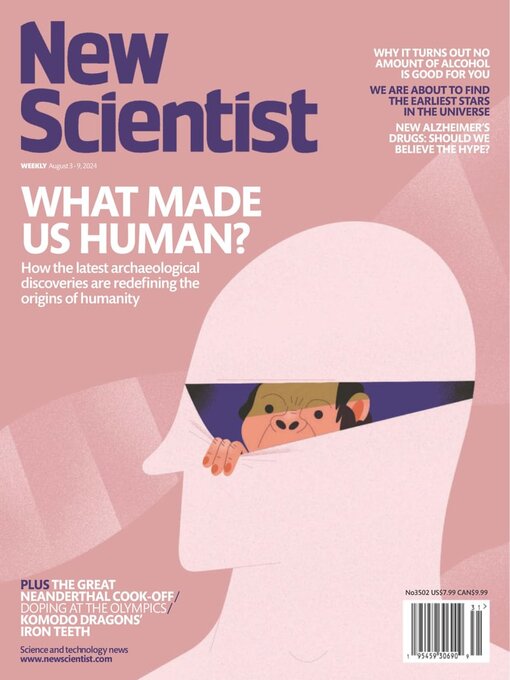
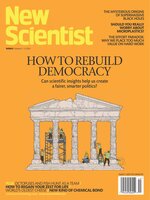 Oct 05 2024
Oct 05 2024
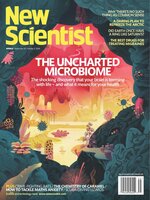 Sep 28 2024
Sep 28 2024
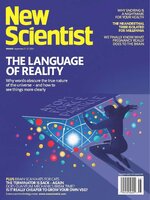 Sep 21 2024
Sep 21 2024
 Sep 14 2024
Sep 14 2024
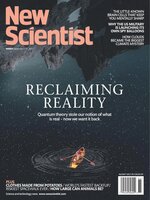 Sep 07 2024
Sep 07 2024
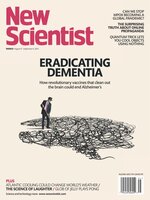 Aug 31 2024
Aug 31 2024
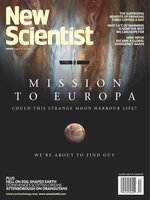 Aug 24 2024
Aug 24 2024
 Aug 17 2024
Aug 17 2024
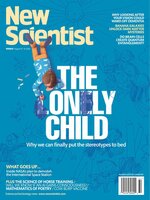 Aug 10 2024
Aug 10 2024
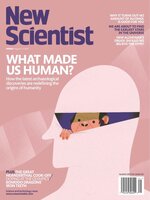 Aug 03 2024
Aug 03 2024
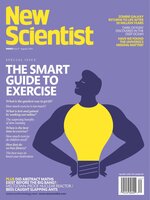 Jul 27 2024
Jul 27 2024
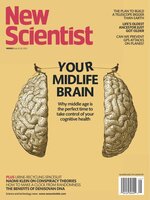 Jul 20 2024
Jul 20 2024
 Jul 13 2024
Jul 13 2024
 Jul 06 2024
Jul 06 2024
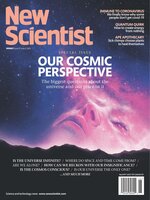 Jun 29 2024
Jun 29 2024
 Jun 22 2024
Jun 22 2024
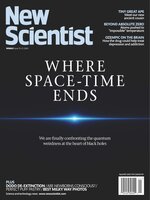 Jun 15 2024
Jun 15 2024
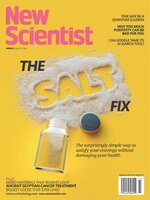 Jun 08 2024
Jun 08 2024
 Jun 01 2024
Jun 01 2024
 May 25 2024
May 25 2024
 May 18 2024
May 18 2024
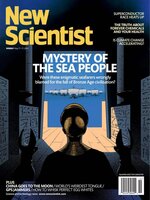 May 11 2024
May 11 2024
 May 04 2024
May 04 2024
 Apr 27 2024
Apr 27 2024
